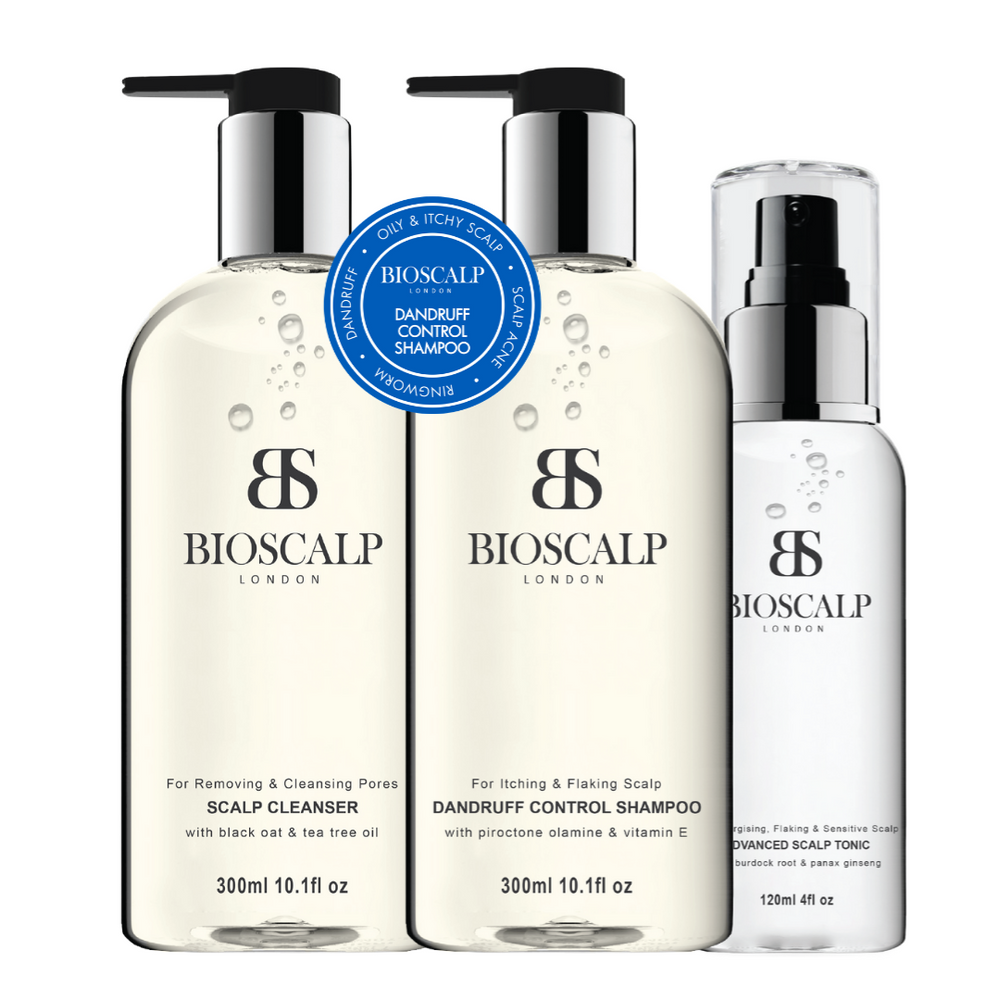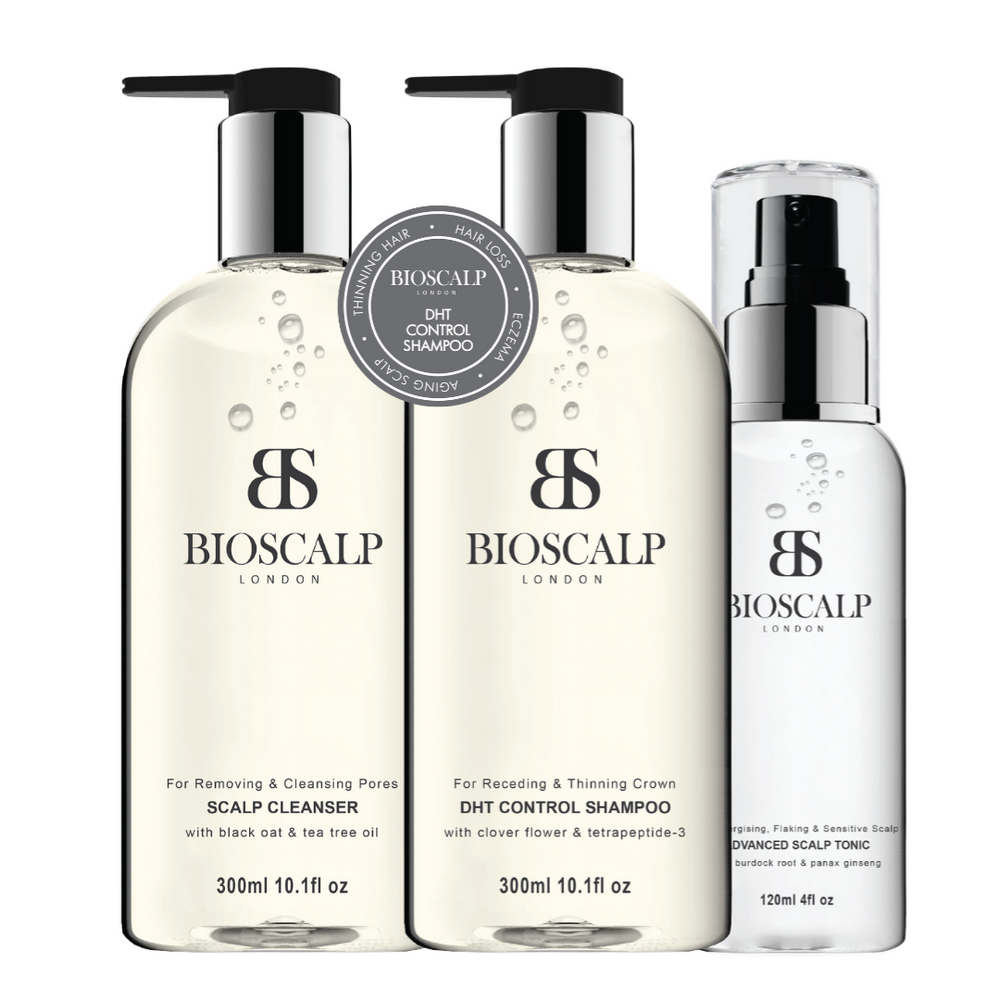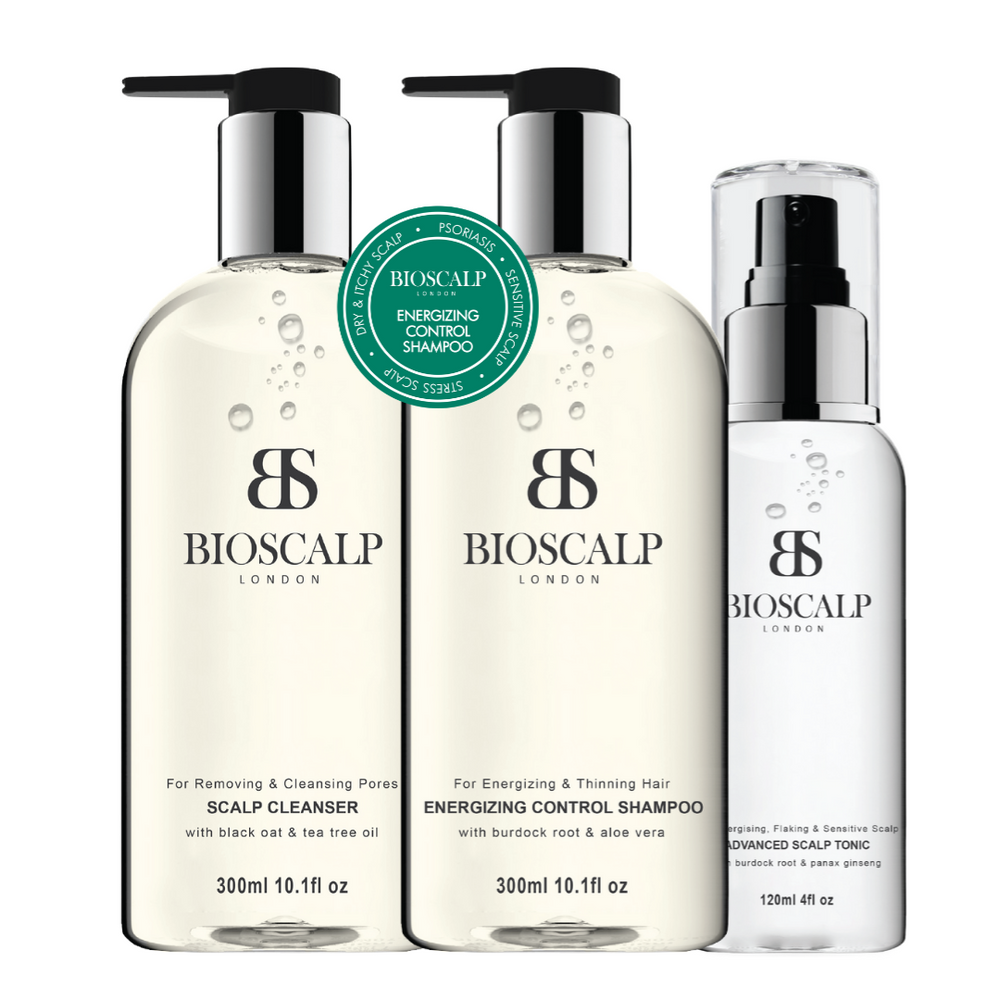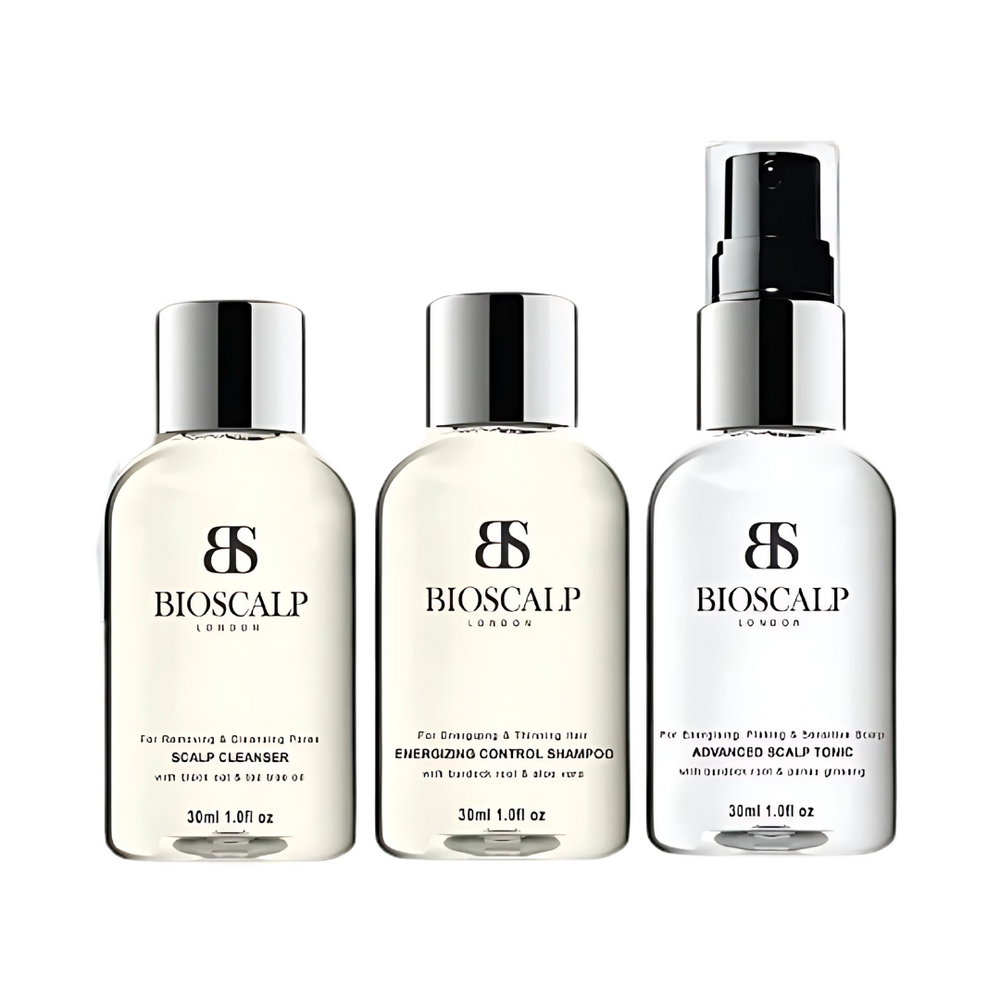Hair loss is a common concern that can affect anyone, but the good news is that there are effective ways to minimize it and promote hair health. Whether it's through dietary changes, proper hair care practices, or targeted treatments, taking proactive steps can make a significant difference. Here’s a comprehensive guide to preventing hair loss and maintaining strong, vibrant locks.

Nutritional and Lifestyle Changes
Eat for Your Hair’s Health
A well-balanced diet is crucial for nourishing your hair from the inside out. Incorporate foods rich in proteins, vitamins, and minerals such as iron, zinc, and vitamins A, C, D, and E. These nutrients play a vital role in strengthening hair follicles and promoting growth. The Mediterranean diet, abundant in fruits, vegetables, whole grains, and healthy fats, is often recommended for overall health benefits, including improved hair health.
Stay Hydrated
Hydration is key to maintaining a healthy scalp and preventing hair from becoming brittle. Aim to drink 6 to 8 glasses of water daily to keep your hair hydrated and nourished.
Avoid Smoking and Excessive Alcohol
Smoking reduces blood flow to the scalp, which can weaken hair follicles and exacerbate hair loss. Similarly, excessive alcohol consumption can lead to deficiencies in essential nutrients, further contributing to thinning hair. Limiting these habits can support better scalp and hair health.
Hair Care Practices
Be Gentle with Your Hair
Treat your hair with care to prevent unnecessary breakage. Use wide-tooth combs or gentle brushes to avoid tugging at strands. Refrain from tight hairstyles like ponytails or braids that place tension on the scalp, leading to traction alopecia. Additionally, minimize the use of heat styling tools and harsh chemical treatments that can weaken hair structure.

Wash Your Hair Regularly
Maintaining a clean scalp is essential for healthy hair growth. Regularly washing your hair with a gentle, suitable shampoo helps remove dirt, oil, and product buildup. However, avoid over-washing, as it can strip your scalp of natural oils that keep it moisturized.
Scalp Massage for Circulation
Massaging your scalp is believed to stimulate blood circulation and encourage hair follicles to grow. While scientific evidence is limited, it’s a relaxing practice that may offer added benefits when combined with essential oils like rosemary or tea tree.
Treatments and Therapies
Medications
Over-the-counter treatments such as minoxidil (Rogaine) are widely used to prevent further hair loss and promote regrowth. Regular application to the scalp may yield results over several weeks, making it a popular choice for both men and women.
Low-Level Laser Therapy (LLLT)
LLLT involves using red light to stimulate cell activity in hair follicles. Though promising, this treatment can be costly and is not always covered by insurance. It’s best suited for those willing to invest in advanced hair care solutions.
Essential Oils
Certain essential oils, such as rosemary and peppermint, have gained attention for their potential to promote hair growth. When diluted and applied to the scalp, these oils may improve blood flow and nourish follicles.
Supplements
If your diet lacks essential nutrients, supplements targeting deficiencies—such as biotin, iron, or zinc—can support hair health. However, it’s important to consult a healthcare professional before adding supplements to your routine, as excessive intake can lead to adverse effects.
Additional Recommendations

Manage Stress
Stress is a significant contributor to hair loss. Practices like yoga, meditation, and regular exercise can help reduce stress levels and improve overall well-being, positively impacting hair health.
Seek Professional Advice
If hair loss persists despite your efforts, consulting a dermatologist or trichologist is recommended. These professionals can help identify underlying causes, such as hormonal imbalances or medical conditions, and recommend tailored treatments to address your specific needs.
Conclusion
Preventing hair loss requires a combination of healthy habits, proper hair care practices, and, when needed, professional treatments. By focusing on a balanced diet, staying hydrated, being gentle with your hair, and exploring targeted therapies, you can protect your hair’s health and minimize loss. Remember, addressing the issue early is key, so don’t hesitate to seek advice from experts if you notice changes in your hair’s texture or volume. With the right approach, you can enjoy thicker, stronger, and healthier hair for years to come.








